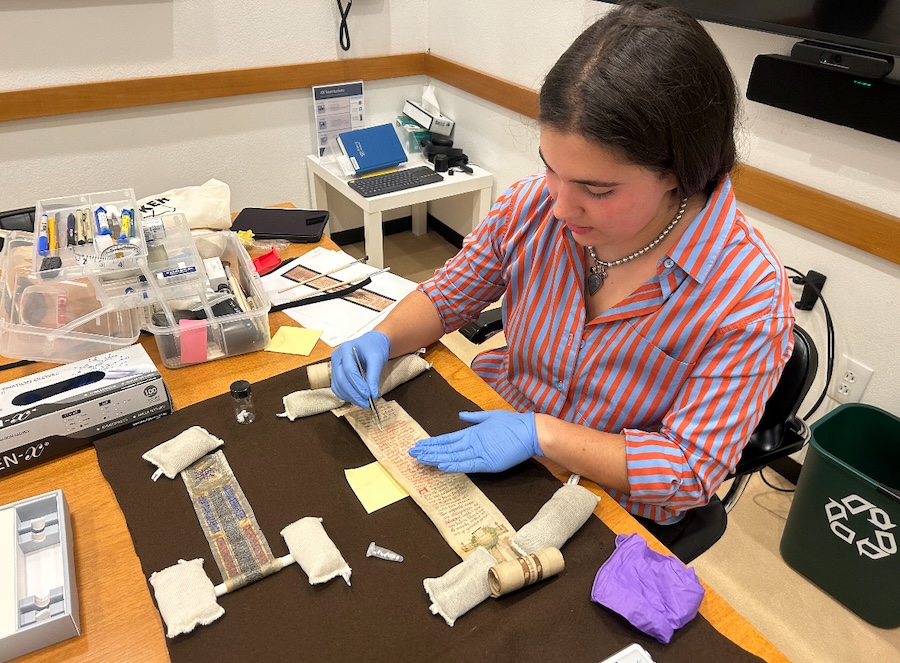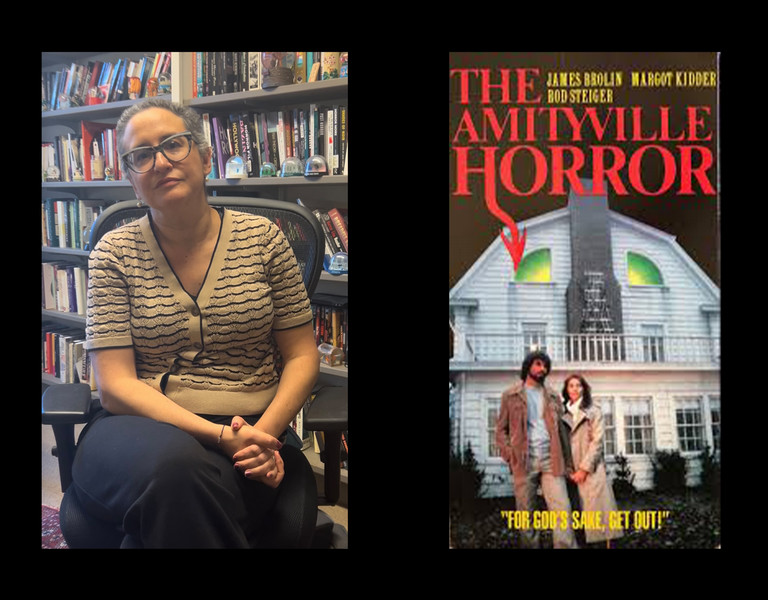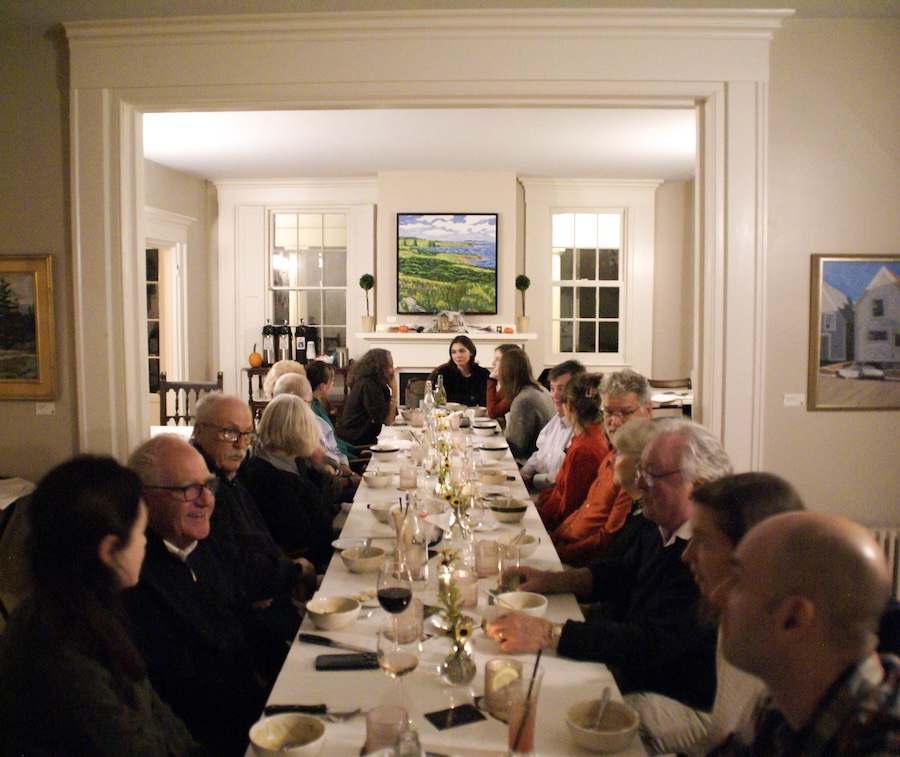Shakespeare’s Unique Approach to Science, Nature, and Religion
By Tom PorterProfessor Aaron Kitch takes a fresh look at William Shakespeare in his latest book, tracing the influence of classical, medieval, and early modern science on the playwright.
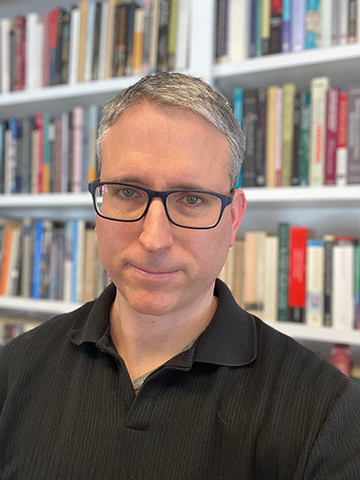
Shakespeare maintained a wide-ranging interest in different forms of “natural philosophy,” which combined what we now call science, philosophy, and religion.
Drawing on the history of science, the study of religion, and theories of representation, Kitch situates the plays of William Shakespeare (1564–1616) within new intellectual traditions.
Following a year-long fellowship at the Huntington Library in California on a previous sabbatical, Kitch began noticing “ideas in Shakespeare that I had not seen before,” said the professor of English. “We’ve always known that Shakespeare was a voracious reader, because he quotes directly from both classical and contemporary works, especially Ovid, Plutarch, the Geneva bible, and Montaigne, not to mention contemporary works on English history and culture printed during his lifetime,” said Kitch, whose research uncovers less familiar and more subtle intellectual texts and traditions that have largely gone unnoticed.
Kitch also noticed that “Scholars often overlook important religious beliefs and principles that shaped scientific practice in the centuries before the Enlightenment (and after, I might add).”
In rereading Shakespeare’s plays, Kitch became more attentive to the playwright’s interest in a range of scientific and philosophical ideas that have not been previously analyzed. He concluded that Shakespeare favored theoretical ideas over more political forms of Christianity. The playwright developed a mode of “indirect theology” that “set him apart from many of his contemporaries,” he argues. Shakespeare’s fellow early modern playwrights Christoper Marlowe, Ben Jonson, and Thomas Middleton, for example, “were much more direct in their portrayal of often controversial religious ideas and events.”
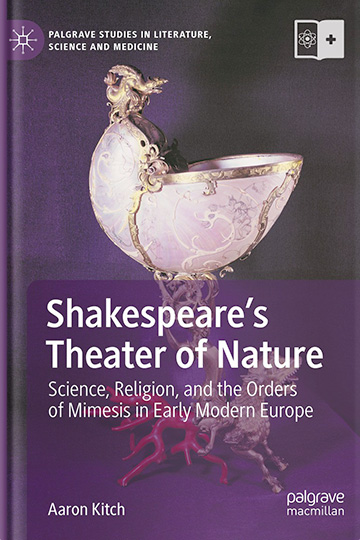
Kitch reveals his discoveries in his newest book, Shakespeare’s Theater of Nature: Science, Religion, and the Orders of Mimesis in Early Modern Europe (Palgrave Macmillan, 2025), described by the Thomas F. Rattigan Professor of English at Boston College, Mary Thomas Crane, as a “brilliantly illuminating” work that fills “a serious gap in existing studies of early modern literature and science.” Another—the Shakespeare scholar and editor Walter Cohen at the University of Michigan—praises it as “deeply learned, thoughtfully complex, and gracefully written.”
As his title suggests, Kitch’s new book also examines forms of representation, or “mimesis,” which defines both modes of and ideas about imitation. He makes the historical and conceptual claim that new technologies such as the telescope, microscope, and the printing press elevated modes of representation as fundamental to scientific knowledge in new ways in sixteenth and seventeenth century England. “These technologies did not just represent scientific ideas,” Kitch explained, “they also elevated representation itself as a tool of scientific inquiry.”
Kitch thus makes the argument that the theaters of Shakespeare and his contemporaries should be regarded as technologies of representation in their own right. As he claims in the book: “The newly established outdoor amphitheaters like the Globe in early modern London joined technological innovations such as the telescope, microscope, and printing press that enabled new modes of representing nature. Together, they redefined nature itself as both a source and object of representation.”
Shakespeare participated in a “broad rethinking” of the meaning and uses of nature in sixteenth-century Europe that included theologians, secular authors, natural philosophers, medical doctors, and artists, among others, notes Kitch. In England, such rethinking was also shaped by the ruptures of new religious conflict, as Kitch argues in his introduction: “Shakespeare’s centering of nature as a source of theatrical representation follows a period of intense cultural and epistemological upheaval, caused in part by the Protestant Reformation but also emerging from broader questions of theology and natural philosophy. I approach works of drama by Shakespeare and other authors as multifaceted mirrors of this historical process.”
